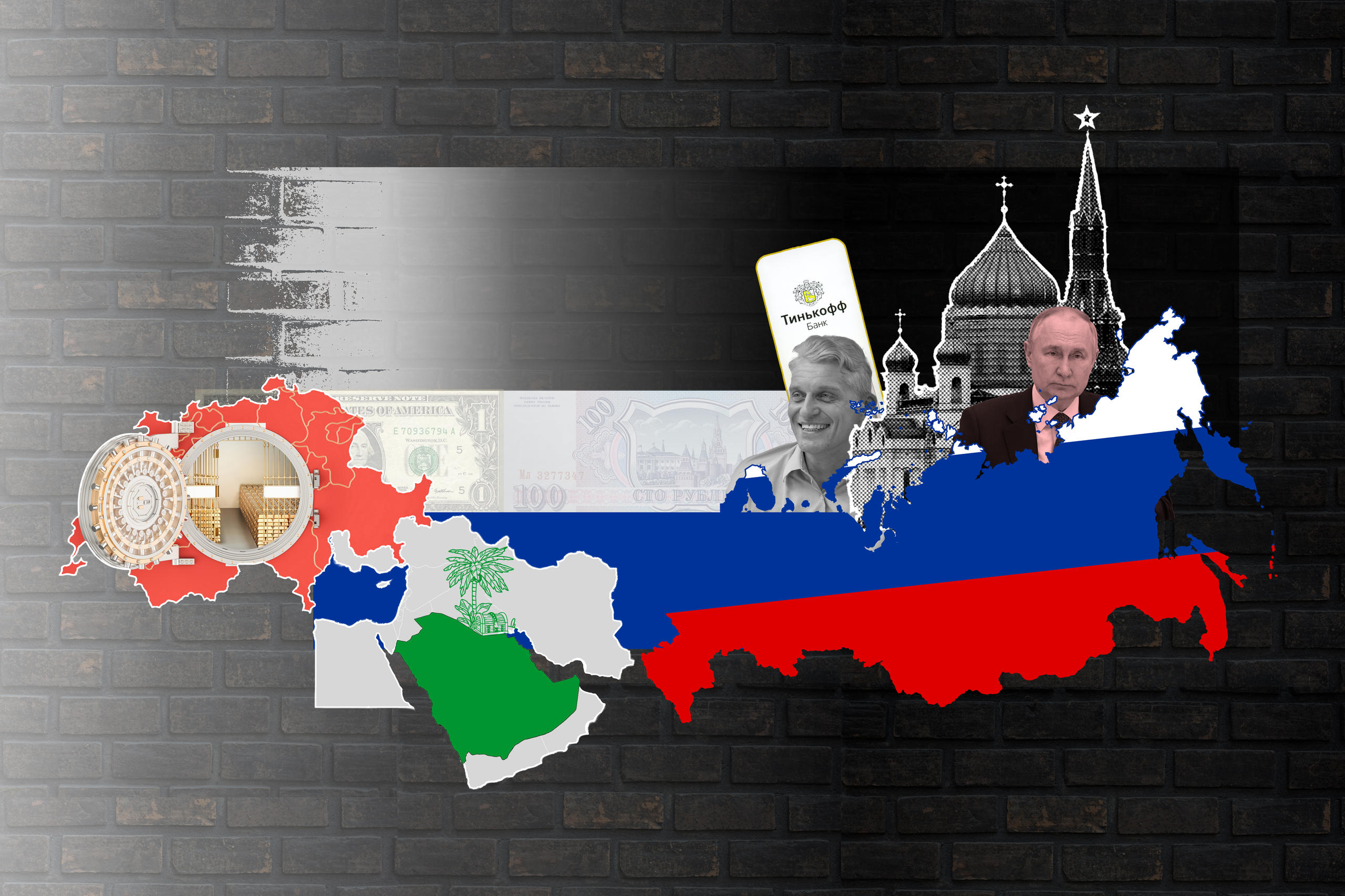
Swiss court upholds ‘Putin’s bankers’ Gazprom conviction

A Zurich court upheld on Tuesday a judgment against four bankers convicted last year of failing to perform due diligence in financial transactions after helping a friend of Russian President Vladimir Putin move millions of francs through Swiss bank accounts.
Do you want to read our weekly top stories? Subscribe here.
The four former employees of the Swiss unit of Russia’s Gazprombank had asked Zurich’s high court to overturn a conviction at a lower court last year.
The three Russians and a Swiss citizen helped Sergey Roldugin, a concert cellist who has been dubbed ‘Putin’s wallet’ by the Swiss government and is godfather to Putin’s eldest daughter, deposit millions of francs in Swiss accounts between 2014 and 2016.

More
The impact of Russia sanctions on Swiss banks
The bankers, who cannot be identified under Swiss reporting restrictions, were found guilty by Zurich’s District Court in March 2023 and given suspended fines totalling more than CHF450,000 ($504,000).
The prosecution had alleged the men failed to do enough to determine the identity of the real owner of the funds and that it was implausible that Roldugin could be the real owner.
Swiss law meant that clarifications were needed into how Roldugin’s accounts received dividends of CHF5-7 million per year and how he acquired a 20% stake in a media company with a value of more than CHF100 million, the court heard on Tuesday.
“There was numerous research which could have been undertaken,” senior judge Beat Gut told the court, adding Roldugin was being used as a ‘strawman’ – or cover – to hide the real owners of the money.
“The passive acceptance of the claim that Roldugin got his wages and loans is not plausible,” Gut said. “In particular the statement that it was acquired by means of loans indicated a certain strawman financing.”
Translated by DeepL/mga
This news story has been written and carefully fact-checked by an external editorial team. At SWI swissinfo.ch we select the most relevant news for an international audience and use automatic translation tools such as DeepL to translate it into English. Providing you with automatically translated news gives us the time to write more in-depth articles.
If you want to know more about how we work, have a look here, and if you have feedback on this news story please write to english@swissinfo.ch.

In compliance with the JTI standards
More: SWI swissinfo.ch certified by the Journalism Trust Initiative





























You can find an overview of ongoing debates with our journalists here . Please join us!
If you want to start a conversation about a topic raised in this article or want to report factual errors, email us at english@swissinfo.ch.